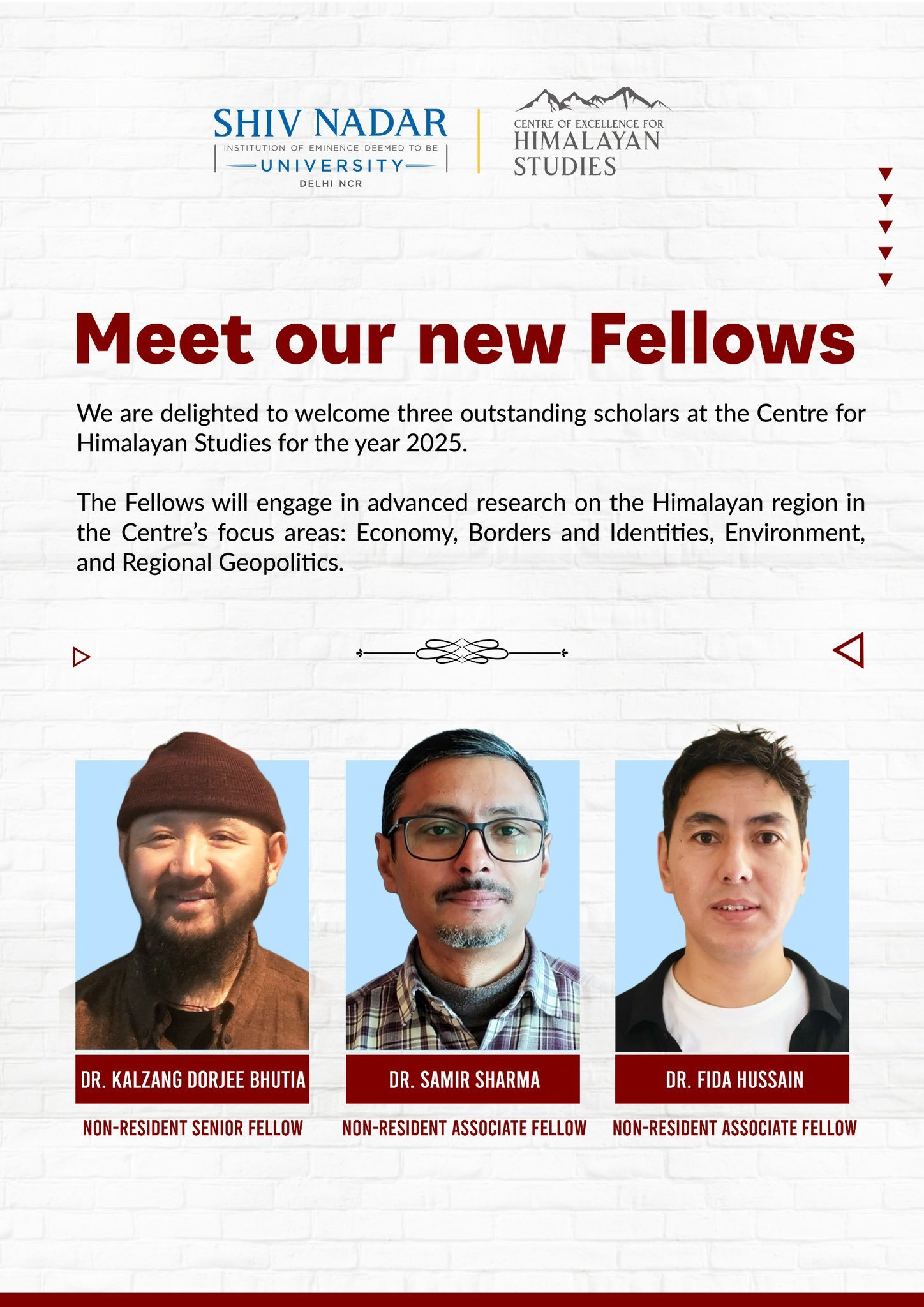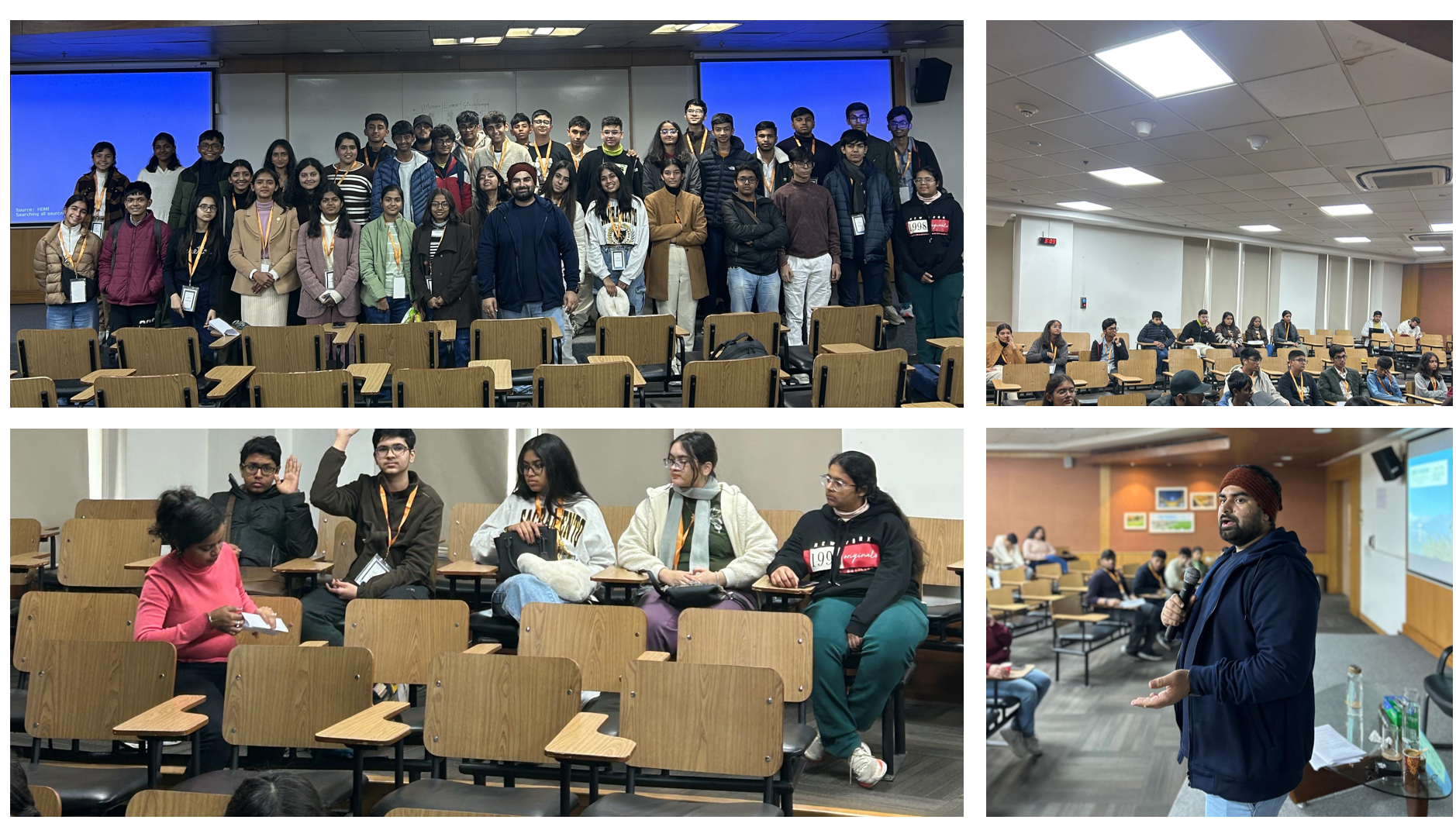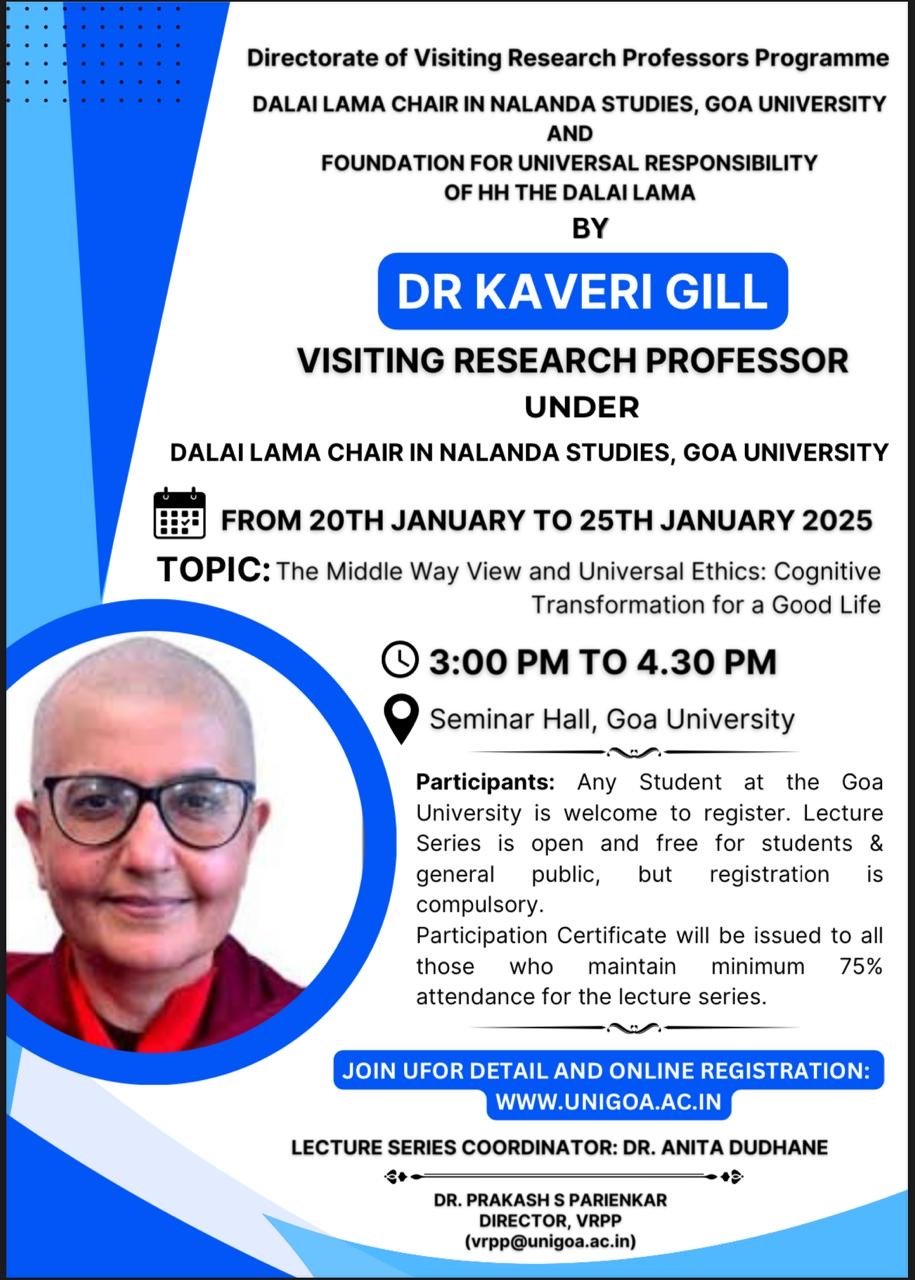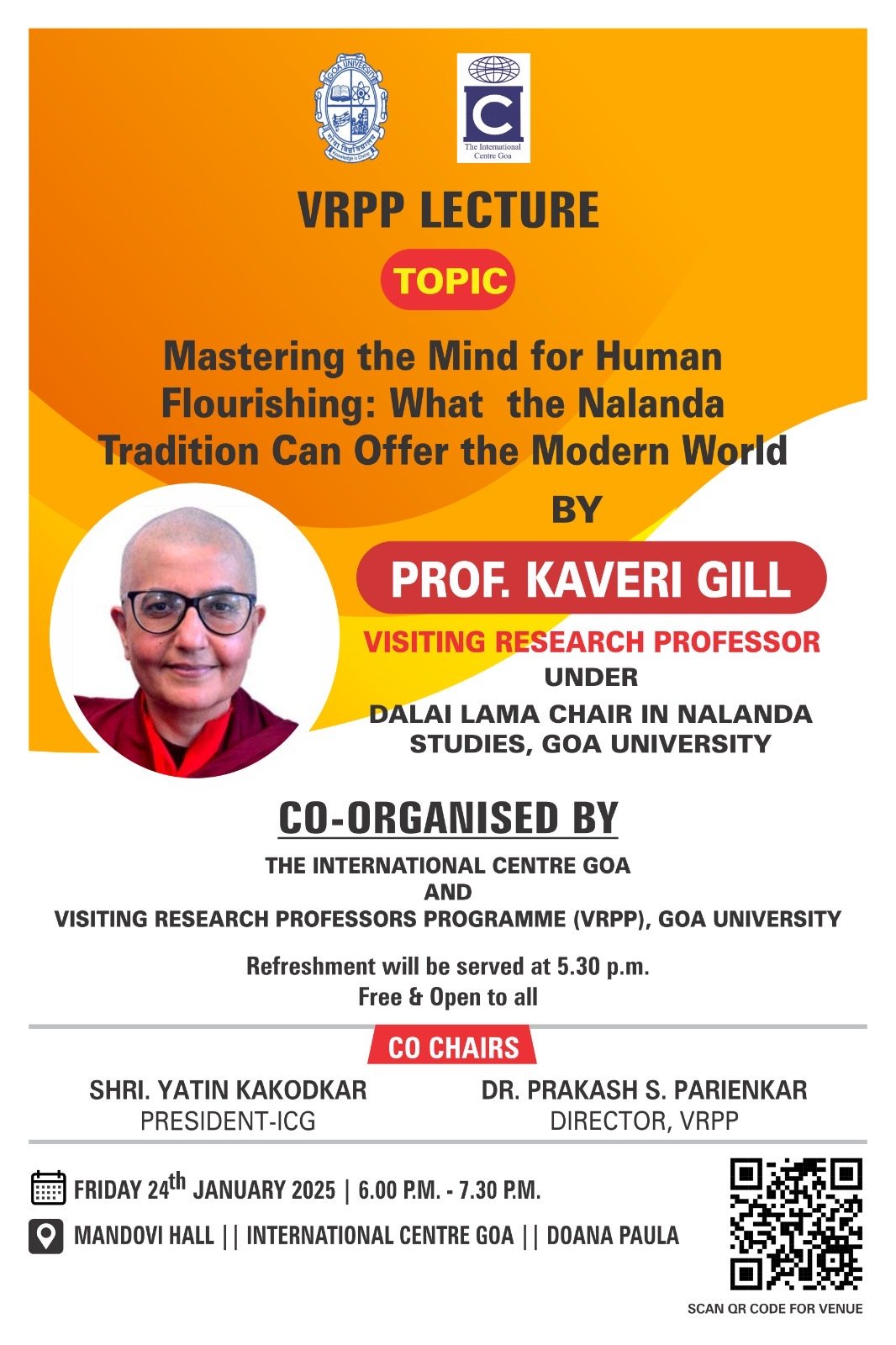Number 12
HIMALAYAS PLUS
JANUARY-FEBRUARY 2025
Dear All,
Greetings from the Centre of Excellence for Himalayan Studies, SNIoE. We are delighted to present the 12th edition of our Newsletter covering the months of January and February 2025.
ANNOUNCEMENT
We are happy to announce that three scholars have joined CHS from 1 January 2025, in a Non-Resident capacity - Dr. Kalzang Dorjee Bhutia as Non-Resident Senior Fellow, and Dr. Samir Sharma and Dr. Fida Hussain as Non-Resident Associate Fellows.

PUBLICATIONS
We published an Occasional Paper, jointly authored by Ms. Japneet Kaur, Research Associate, SNIoE, Dr. Devendra Kumar, Associate Fellow, CHS, and Dr. Jabin T. Jacob, Director, CHS, on China’s policy of building Xiaokang villages in the Tibet Autonomous Region. Examining 44 such villages to analyze the policy’s broader goals, the authors argue that while these villages certainly have security implications, equally interesting is what they reveal about China’s approaches to border governance – its concerns and domestic objectives, how it generates resources and how it implements policies.
Dr. Devendra Kumar also co-authored a Commentary, with our Post-Doctoral Fellow, Dr. Sangay Lachenpa, on China’s technocratic vision that disregards ecological concerns, exemplified by its decision to build a mega dam on the river Yarlung Zangbo in Tibet Autonomous Region.
Our new Non-Resident Senior Fellow, Dr. Kalzang Dorjee Bhutia is co-author of the book, On the Significance of Religion in Climate Change, published by Routledge. It interrogates the diverse ways, in which religion both acts and is acted upon by different actors, including institutions and nation-states, in response to climate change.
CHS Fellow, Dr. Anand P. Krishnan reviewed the book, Understanding the India-China Border: The Enduring Threat of War in High Himalaya, by Manoj Joshi, for the Journal of Asian Studies.
We have continued with our endeavour of translating our publications into languages spoken widely in the Himalayan region to expand accessibility to our cutting-edge analyses. We had two translations in Urdu – CHS Distinguished Fellow, Mr. Claude Arpi’s Commentary on the declining space for ethnic minorities in China; and Dr. Krishnan’s Commentary on the Indian government’s Digital Bharat Nidhi initiative and its role in the development of the country’s border regions.
EVENTS
CHS was part of SNIoE’s Young Thinkers Forum Winter School organized on campus for school students from 2-7 January. We conducted a Quiz, titled a ‘Walk Through the Himalayas’, to familiarize the students with the region.

IN THE MEDIA
Dr. Jabin T. Jacob parsed official statements by India and China after the visit of Indian Foreign Secretary, Vikram Misri, to Beijing. He argued that both countries had different priorities as well as expectations in the unfolding thaw in bilateral relations. He also spoke of China’s actions and maneuvers in the larger Himalayan region, in a podcast by the New Indian Express. Dr. Jacob was interviewed by Svergies Radio (Sweden), on the disengagement process by the Chinese and Indian forces in Eastern Ladakh as well as the impact of Donald Trump’s second term as US President, on Sino-Indian relations. He was quoted in ETV Bharat’s report on the establishment of two new counties in Xinjiang by China including in the disputed Aksai Chin area. His views on the difficulties in resolving the India-China border dispute appeared on VOA Mandarin.
Mr. Claude Arpi wrote widely on China’s announcement of constructing a big dam on Yarlung Zangbo river in Tibet, and its various ramifications. His analyses were published in 360info (republished in Scroll, DowntoEarth, Kashmir Times, and Deccan Herald), Deccan Chronicle and Firstpost. He authored two other pieces in Firstpost – one, on Xi Jinping’s continuing purges within the Chinese People’s Liberation Army, and another, on how the Chinese state media’s renewed barrage of attacks on the Dalai Lama reflected Beijing’s nervousness in the run-up to the latter’s 90th birthday later this year. Mr. Arpi’s obituary for Gyalo Thondup, brother of the present Dalai Lama, who passed away earlier this year, was published in the Deccan Chronicle.
Dr. Anand P. Krishnan analyzed the dominance of Chinese mobile companies in the Pakistani market, in a piece for Scroll. In a commentary in The Hindu, meanwhile, he wrote on China’s weaponization of electronics supply chains and its implications for India.
Dr. Devendra Kumar, along with Prof. James Leibold, Professor of Politics, La Trobe University, Melbourne, Australia, appeared on the Rising Asia podcast by La Trobe Asia Centre, to discuss the centralization of power by Han Chinese officials in Tibet under Xi Jinping. The discussion is based on their forthcoming article in the China Journal.

FACULTY UPDATES
Dr. Jacob was a panelist at a China Watchers Workshop, organized US Embassy, Colombo, Sri Lanka on 13 February. He made an online presentation on China’s influence building in South Asia, organized by the Department of International Relations, South Asian University, Delhi and the South and Southeast Asia Security Research Centre, Centre for Security and Intelligence Studies, University of Buckingham, UK, on 26 February. He also delivered an online lecture titled, ‘Interpreting Chinese Foreign Policy towards South Asia’ as part of the China Capable Public Sector initiative by the New Zealand Contemporary China Research Centre, on 27 February.
CHS Non-Resident Senior Fellow, Prof. Kaveri Gill was a Visiting Research Professor under the Dalai Lama Chair in Nalanda Studies at Goa University from 20-25 January. She gave a series of talks under the theme, ‘The Middle Way View and Universal Ethics: Cognitive Transformation for a Good Life’. She also delivered a lecture titled, ‘Mastering the Mind for Human Flourishing: What the Nalanda Tradition Can Offer the Modern World’, in an event jointly organized by Goa University, and the International Centre Goa, on 24 January.


Mr. Claude Arpi was a panelist at the session on Himalayan geopolitics at the 7th Mangaluru International Literary Festival on 11-12 January. He gave a talk titled, ‘Why Tibet is Important for India: Historical Background with Emphasis on the Sikkim Sector’, at an event organized by the Indian Army in Gangtok, on 8 February. In another talk at the headquarters of the Indo-Tibet Border Police, in Delhi on 18 February, he spoke on the historical legacies of the Indo-Tibet border.
Our Non-Resident Associate Fellow, Dr. Samir Sharma attended the 7th India Think Tank Forum, hosted by the Observer Resource Foundation, Delhi on 5-6 February and also spoke at the annual seminar, ‘Borders of Politics: Challenges and Negotiations’, organised at the Department of Political Science, University of Calcutta from 17-18 February.
CHS Post-Doctoral Fellow, Dr. Rinan Shah was a discussant for the session, ‘Urban Water Scenario and Challenges in Smaller Urban Centres Across Diverse Geographies of East India’, at the 4th Annual Workshop of the Urban Waters Forum, at the Indian Institute of Technology (Indian School of Mines), Dhanbad on 5-7 February.
You can stay updated with our publications, events, and activities through our website, X (@Himalayas_SNU), Facebook, and LinkedIn. You can also find previous Newsletters on our website.
Share this: